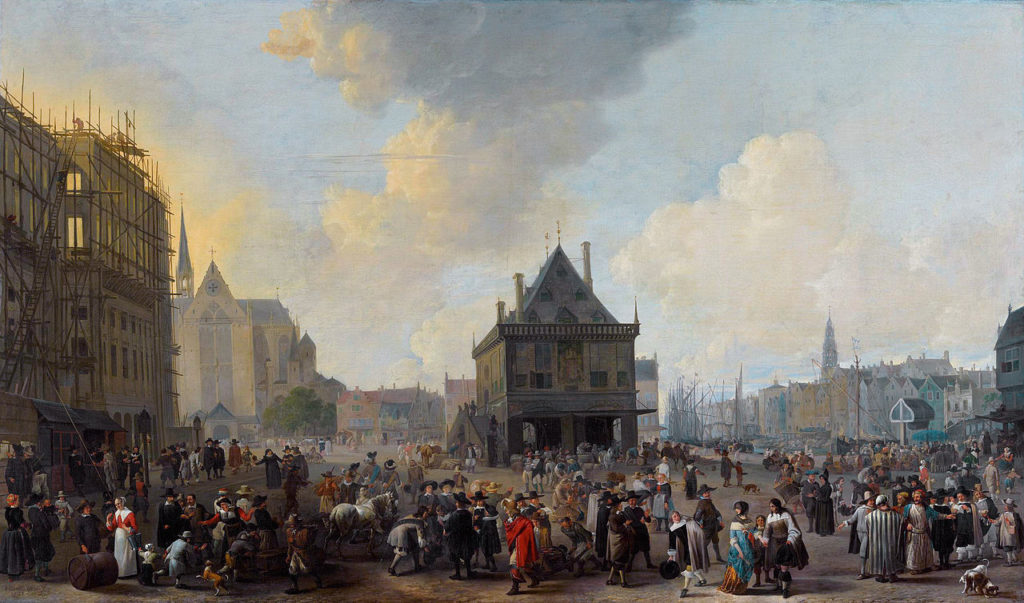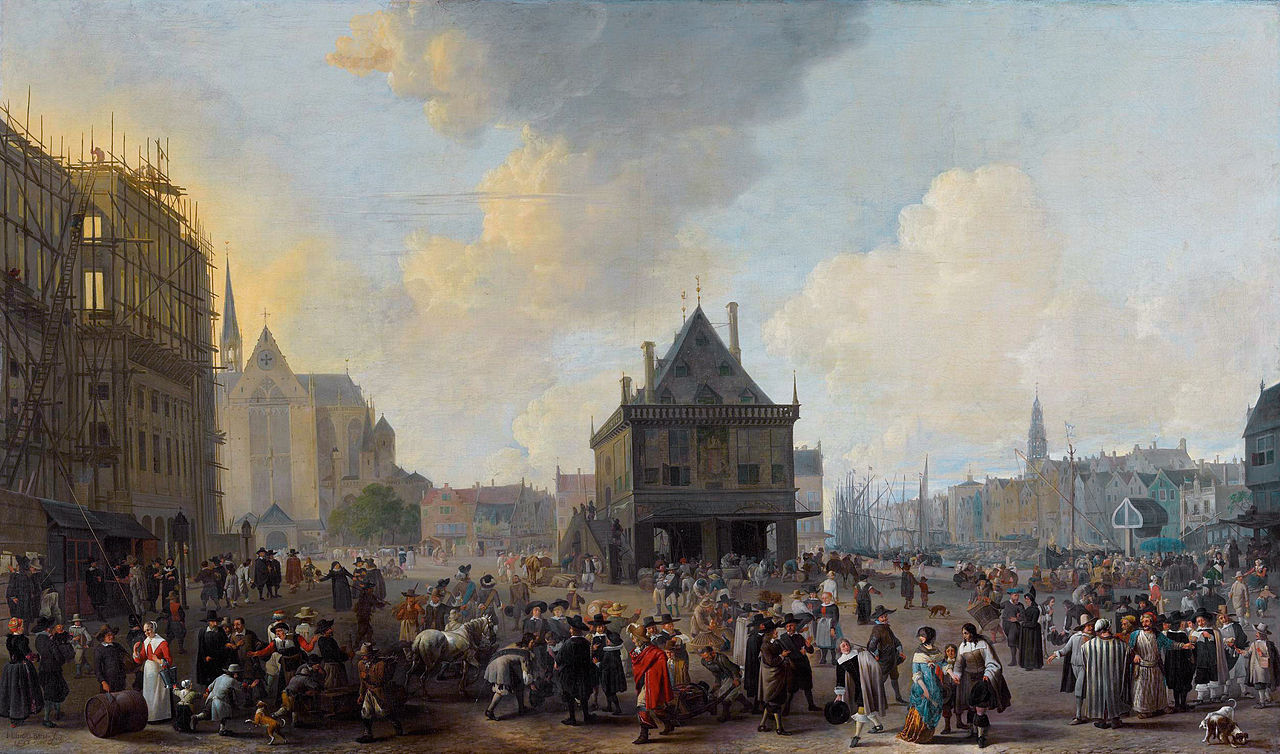
It should be emphasised that Europe’s success was not the result of any inherent superiority of European (much less Christian) culture. It was rather what is known as a classical emergent property, a complex and unintended outcome of simpler interactions on the whole. The modern European economic miracle was the result of contingent institutional outcomes. It was neither designed nor planned. But it happened, and once it began, it generated a self-reinforcing dynamic of economic progress that made knowledge-driven growth both possible and sustainable.
The idea that European political fragmentation, despite its evident costs, also brought great benefits, enjoys a distinguished lineage. In the closing chapter of The History of the Decline and Fall of the Roman Empire (1789), Edward Gibbon wrote: ‘Europe is now divided into 12 powerful, though unequal, kingdoms.’ Three of them he called ‘respectable commonwealths’, the rest ‘a variety of smaller, though independent, states’. The ‘abuses of tyranny are restrained by the mutual influence of fear and shame’, Gibbon wrote, adding that ‘republics have acquired order and stability; monarchies have imbibed the principles of freedom, or, at least, of moderation; and some sense of honour and justice is introduced into the most defective constitutions by the general manners of the times.’
How did this work? In brief, Europe’s political fragmentation spurred productive competition. It meant that European rulers found themselves competing for the best and most productive intellectuals and artisans. The economic historian Eric L Jones called this ‘the States system’. The costs of European political division into multiple competing states were substantial: they included almost incessant warfare, protectionism, and other coordination failures. Many scholars now believe, however, that in the long run the benefits of competing states might have been larger than the costs. In particular, the existence of multiple competing states encouraged scientific and technological innovation.
Continue reading:
https://aeon.co/essays/how-did-europe-become-the-richest-part-of-the-world?

Leave a Reply